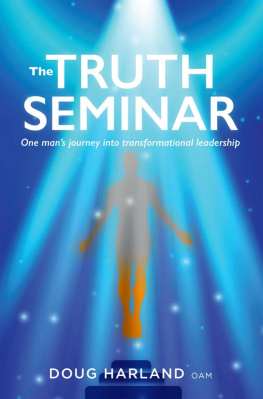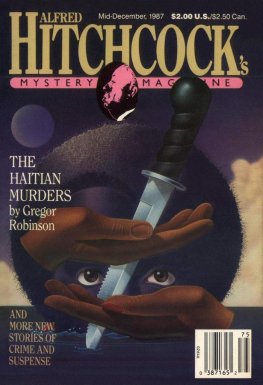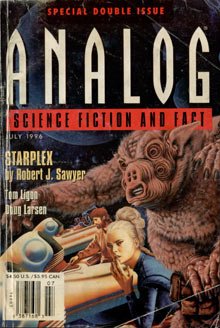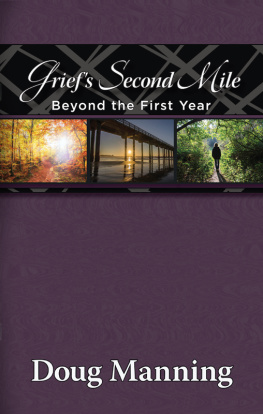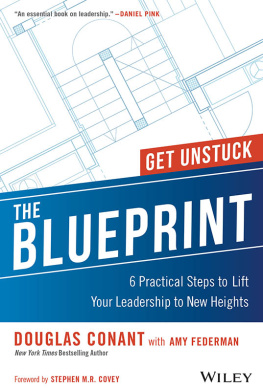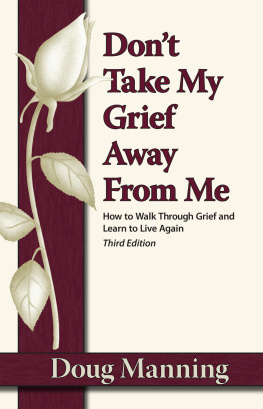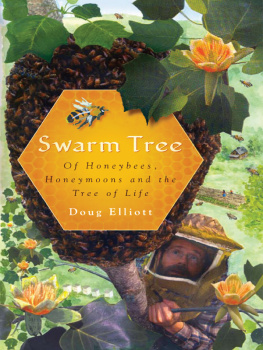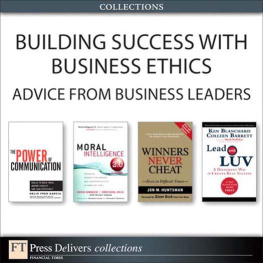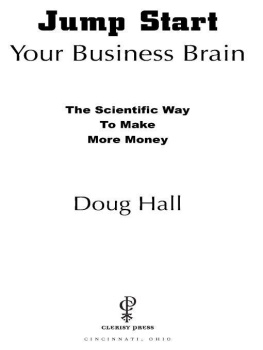
To find out more about this book
including the paperback edition, please visit:
www.vividpublishing.com.au/thetruthseminar
Copyright 2020 Doug Harland
ISBN: 978-1-922409-64-5 (eBook)
Published by Vivid Publishing
P.O. Box 948, Fremantle Western Australia 6959
www.vividpublishing.com.au
eBook conversion and distribution by Fontaine Publishing Group, Australia
www.fontaine.com.au
Version 1.0. All rights reserved. No part of this publication may be reproduced or transmitted in any form or by any means, electronic, mechanical, printing, recording or otherwise, without the prior written permission of the copyright owner.
In order to truly know God you have to be out of your mind.
Honesty in vulnerability is the doorway to personal freedom.
When you are green you grow, when you are ripe you rot.
Science without religion is lame, religion without science is blind.
FOREWORD
My name is Peter Long. I was first involved with Toowoomba Foundry in 1989 when I was undertaking Australias first study into adult literacy in the workforce. It was instigated by the Australian Council for Adult Literacy in preparation for the first International Literacy Year. The study was a tripartite investigation involving government, employers and trade unions. One of the employer representatives, John Griffith, Chairman of Southern Cross Machinery, suggested I use Toowoomba Foundry as a case study because two-thirds of the employees were recipients of the twenty-five-year, long-service watch. He was concerned their literacy and numeracy standards may impair their ability to modernise the Foundry.
As a consequence of having this relationship, I was asked to tender for an executive leadership development program, which included a five-day live-in experience for the executives, plus ongoing development through a work-based learning project. Each executive then organised for their leadership team to undertake a similar experience in order to spread the learning and improve capability.
I first met Doug Harland in 1992. Hed attended a couple of workshops Id facilitated and, when he was appointed general manager of the Foundry, he asked me to visit. He had some development ideas he wished to explore. Id worked on and off for a few of the many general managers Doug describes in this book. I wasnt the traditional expert consultant so the corporate high flyers were ambivalent about my ability to help. It was the time in Australian manufacturing when the accountant as manager had failed to invest in either new technology or new socio-technologies. This was usually to keep costs down but the unintended consequences were obvious. They had an inability to compete. Globalisation policies and plastics had arrived and disrupted metalliferous industries across the world and most were unaware of the impact until too late. To add to the grief, corporate raiders were on the loose buying up undervalued businesses and selling the farm, or parts of it, unresponsive to both social and cultural implications. Doug was dropped into this environment.
In response to his phone call I drove up from Brisbane where I lived and walked into reception, past the product display and museum, a tribute to the diversity of past products (planes, trains, stationary engines, windmills, pumps and drains), to meet Doug in his office. The Foundry had occupied prime real estate barely a kilometre from the centre of the city. It was housed in pre-war buildings, surrounded by the emerging city. Doug was keen to work with his people to turn the business around. The Foundrys sales and marketing wing had been torn from it, and the Foundry was left with unfavourable terms of engagement for example, having regularly to service products that were over a hundred years old at heavily discounted prices.
I listened to Doug, believed in his commitment and agreed to assist with developing a strategy. I suggested that we conclude our meeting with a walk and asked him what he saw as we moved about. Most of us can become blind to our surrounds and I suggested Doug pretend he was from Mars or another country. From the street the factory looked early industrial. There were old buildings with saw-tooth roofs, cluttered by the detritus of years of activity. Chemical pollution was a real possibility. The crib rooms and wash rooms were uninspiring. Ceiling ventilation, and lighting, had been covered by exudates. Steam was obvious. Smoke poured forth. Neighbours lived cheek-to-jowl. Floors were caked with grease and coke. Machines were stacked upon each other in the shadow of a massive moulding plant. Id visited new General Motors plants in Canada as part of my graduate studies. They were basically pods of robots in spotless tiled-floor buildings run by two or three humans. The contrast had always been stark to me.
Theres a lot to do, Doug said.
Yes, but a lot comes down to leadership and care at all levels, I replied. Thats your greatest asset, which you need to remind your team about. You all care.
As Doug explains in this book he won the right to take his team to Noosa for a strategy meeting, which I facilitated. The group agreed on five Big Hits to create a focus and avoid distractions; the group would also review each month a process of which, upon their invitation, I was to be an ongoing part.
Doug was in the unenviable position of being a leader who had come through the ranks. Here wasnt a prophet from another land. It was like witnessing a family meeting. There was incredible energy, incredible honesty, much emotion. Doug wasnt allowed any free hits. Everyone knew his history, his technical failures, his strengths and weaknesses and argued until there was agreement. It was a totally different meeting from those Id facilitated in the past.
While it was difficult it was also revelatory. In the past, outsiders had been appointed to run the business. This time one of theirs had been anointed. In the past, the outsiders would walk past behaviour and not understand it, or swallow an excuse about why a machine wasnt running. An insider knows where the skeletons are hidden and can argue the toss. I still feel privileged to have been involved in that meeting and subsequent ones.
If the metals industry was to be run out of Australia, by a government asleep at the wheel while their lunch was being stolen, the new teams desire was to be, at least, the last foundry standing.
Doug speaks about using energy. It was obvious at the Foundry. He harnessed the energy of his people and over a short period of time they turned the place around. At a physical level, supervisors would organise voluntary clean-up working-bees on a weekend to rehabilitate areas of the site. Because there was no money for renovations from the corporate raiders, small projects were budgeted for and instigated, which contributed to a holistic plan. For example, sheets of transparent roofing throughout the old Super 10 asbestos roof were replaced one bay at a time over a number of years to improve lighting in the workshops. It all had to do with personal pride.
Again, this is where Doug comes in.
I often wondered if Doug was in the wrong job. I wondered if perhaps he shouldnt have been a psychologist or a pastor. But read Dougs book and youll see that he was in the correct job. He loves his craft and the integrity of it.
I remember as a child on a Brigalow block in the Central Highlands driving past our starving cattle in the middle of a drought. We pulled cattle out of creek bogs, where the permanent waterhole had disappeared to a mud trap; we also had to perform the heinous task of shooting those animals whose eyes had been pecked out by crows. All this on the way to the site of one of the bores, miles from the house. I remember as if it was yesterday, how our spirits would lift if, from the top of the hill a mile away, we saw the arms of our pump jack moving, glinting in the sun, and smoke from the Southern Cross diesel engine drifting across the paddock in the chill mornings. The motor and plant chugging away twenty-four hours a day, day after day, represented the fine line between our familys tragedy and its survival. If the equipment survived, we survived. That type of integrity built the machines and the Foundry, and it would take that type of integrity to bring it back. Doug has integrity in spades and youll see how it was put to the test in order to achieve what he did.
Next page
